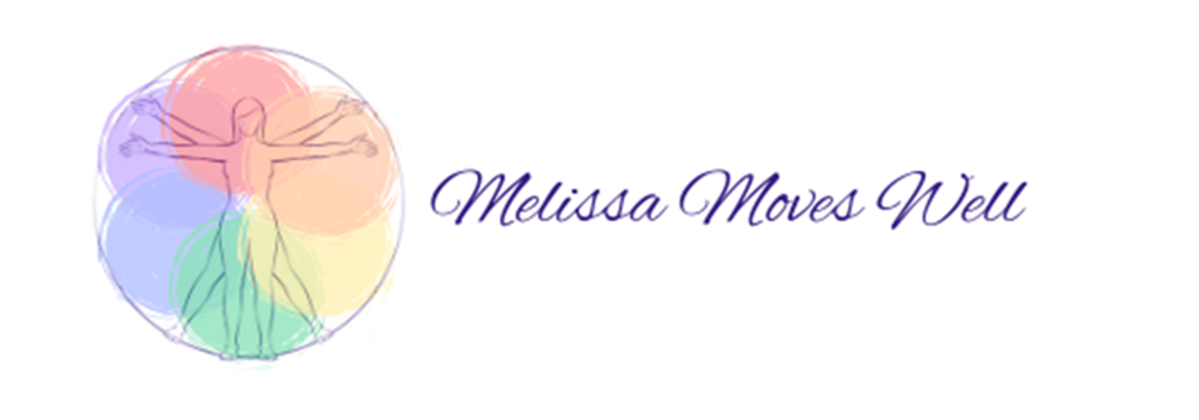
How are you, Warrior? It’s the end of January and we are officially at the start of attrition season. As I mentioned at the beginning of the month, most wellness/exercise/nutrition based resolutions will be discontinued in the next month or so. There are a couple of reasons for this and today I’d like to focus on one and how to combat it.
The biggest reasons that New Year’s resolutions typically don’t last are time, expectations, and perceived lack of progress. As I addressed in my first post of the year, many go too big at first and the reality of managing a new goal within the confines of life becomes challenging when that pesky motivation dips. A topic for another time is the idea of expectation. Especially as it relates to body size changes, improved fitness, or nutrition work, many times we expect something from the goal (i.e. we will feel happier in a smaller pants size). That type of thinking almost always leads to disappointment.
Lack of Progress
The one I want to address today, though, is a perceived lack of progress. We are at the four and not quite half week mark of the new year. The scale can give an objective measure, but many notice that losses are slowing down or that they have yet to “see” the evidence. But here’s the rub, it takes a minimum of eight to twelve weeks to actually notice visual changes in the body. And if you are trying to modify habits and patterns, 90 days is the accepted minimum before something becomes more routine.
According to my calendar, those efforts will reap objective rewards sometime in late March. My point here is that if you decide to pack it in now, you haven’t given your body the time it needs to show you what it can do. If you choose to give up on your goals at this point due to (understandable) frustration you are giving up on a change that otherwise might be possible.
So, how can you work through that frustration? Look for other ways to evaluate your progress. I have touched on these before, but let’s look at how the Dimensions of Wellness can guide mindset at this point.
Since most of the Dimensions deal with other parts of well-being than physical, we can use them to examine if we are moving the needle with goals. This is super useful as many of these qualities are things that we might not be noticing buy point to larger overall changes that are beneficial. So, let’s break it down by category.
Physical
Yes, there are things about Physical Health other than body size and scale weight that can be important indicators that you are moving in a positive direction. Have you been able to increase exercise workload (i.e. more weight lifted, longer cardio durations, or more intense exercise)? If you are making dietary changes do you notice less bloating or stomach discomfort? Clearer skin? How is sleep quality and duration?
Mental
Mental Health and the struggles or lack thereof can give us important clues about total well-being. Are your thoughts clearer, racing less, and/or more linear? Are you forgetting less? More calm, centered, creative? All signs that good things are happening.
Emotional
Feelings just are, but how we deal with the tricky ones is directly influenced by Physical and Mental Health, which in turn is influenced by any effort to improve those. So, are you able to let emotions pass and stop overthinking? Are you able to stay calmer during moments of stress? Less irritable? Again, signs that progress is being made.
Financial
I define Financial Health as an area that has to do with managing finite resources. Money is the obvious one, time is another. But what about energy? We all have to manage energy day to day. And we all know exactly what it feels like when we just don’t have the bandwidth. So ask yourself if your energy levels are improving or at least steadier. An easy way to track this is to look at sleep (again) and track caffeine usage.
Social
Many people have a resolution buddy which is awesome, but there are other Social Health markers you can look at that might indicate progress. Are you seeking connection with friends or family? Are you more apt to engage with coworkers or neighbors? Do you notice you are more flexible or easygoing about changing plans?
Environmental
How we interact with frequently encountered places can point to changes in overall well-being. Are you less upset or affected by mess or change in routine? Have you started a clean out project (bonus points if you have completed it)? Are you more willing to be somewhere out of your comfort zone (double bonus points if it is at the gym or grocery store).
While the physical changes you want to see might be slower coming than you’d like, I hope that this has given you some other ideas about how to evaluate your progress. Obviously your situation will be unique to you, but by moving beyond the simple and often strict parameters we set out, we can often find many signs of progress.

